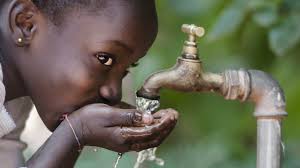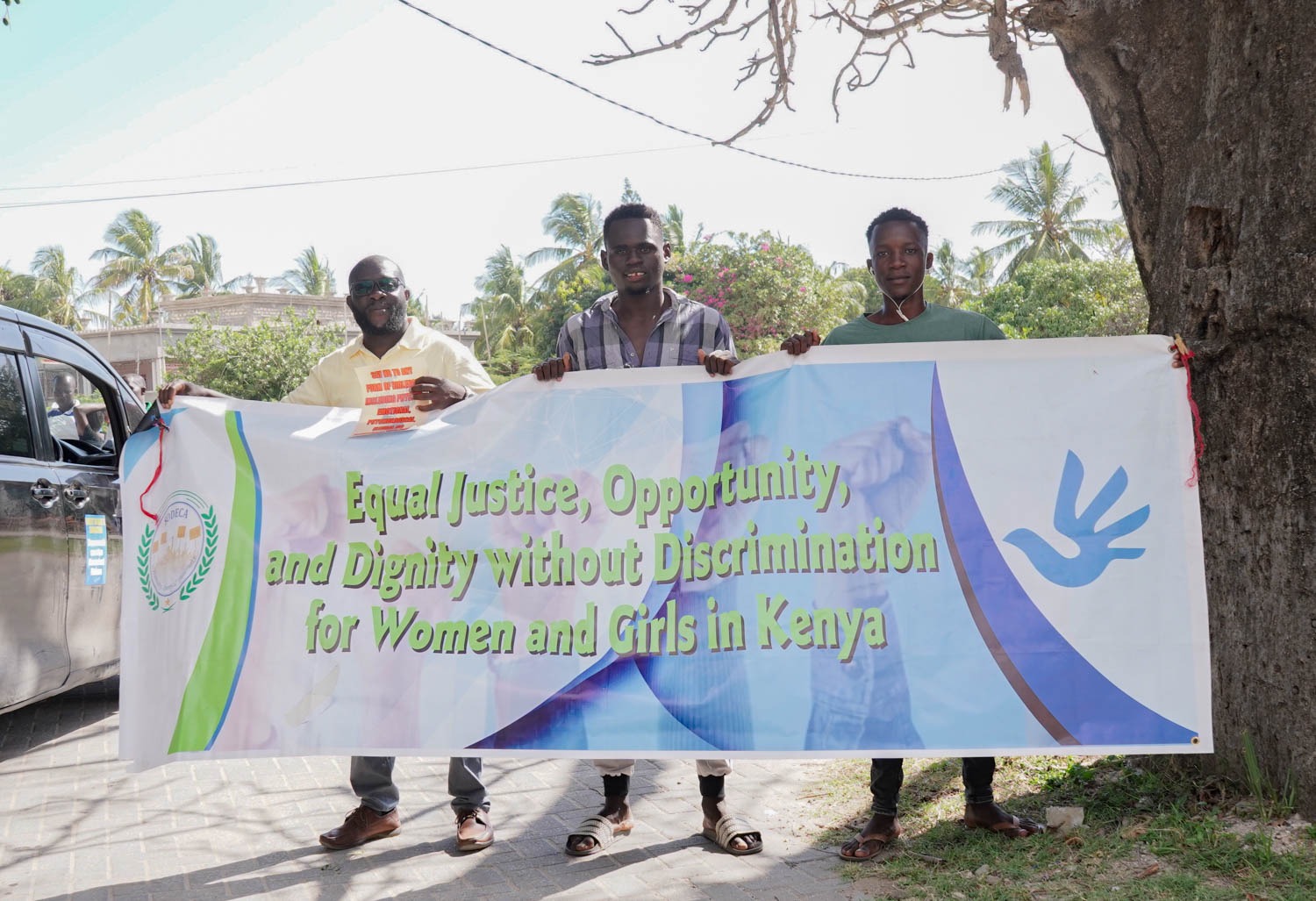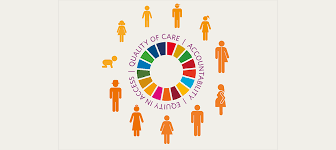Clean Water, Sanitation, and Hygiene: A Basic Right, Not a Privilege
By Admin
Clean water
Water is life—but for millions around the world, access to clean water, safe sanitation, and proper hygiene remains a daily struggle. This is more than an infrastructure issue—it’s a matter of health, dignity, and human rights.
In many communities, especially in developing regions, people walk for hours to collect water, often from unsafe sources. Lack of sanitation leads to disease, environmental degradation, and lost productivity. Without hygiene education, preventable illnesses spread rapidly. We must treat WASH (Water, Sanitation, and Hygiene) not as charity work, but as a global priority.
Clean Water: The Foundation of Health
Safe, accessible water is essential for drinking, cooking, cleaning, and farming. Yet, contaminated water is responsible for millions of deaths each year, particularly among children under five. Waterborne diseases like cholera, typhoid, and diarrhea flourish where clean water is scarce.
Solutions like protected wells, rainwater harvesting, community filtration systems, and water treatment education can transform lives. Investments in clean water reduce disease, improve school attendance, and promote economic growth.
Sanitation: Dignity and Disease Prevention
Proper sanitation means safe toilets, effective waste disposal, and infrastructure that prevents human contact with waste. In areas without toilets, open defecation is common—posing serious public health risks, especially during floods or disasters.
Women and girls are disproportionately affected by poor sanitation. Without safe, private toilets, they face threats to their safety, health, and dignity. Menstrual hygiene remains a taboo in many regions, making it difficult for girls to attend school or work comfortably.
Building toilets is just the start—community engagement, maintenance, and education ensure that sanitation solutions last and are used properly.
Hygiene: Simple Practices, Powerful Impact
Proper hygiene—like handwashing with soap, safe food handling, and menstrual health education—has a massive impact on public health. In fact, handwashing alone can reduce the spread of infectious diseases by more than 40%.
Education is key: schools, health centers, and media campaigns can instill lifelong habits. When children grow up practicing good hygiene, they bring those habits home, creating ripple effects in entire communities.
Why WASH Matters Now More Than Ever
The COVID-19 pandemic highlighted how essential hygiene and sanitation are for survival. It also revealed deep inequalities: how can we ask people to wash hands regularly when they don’t have running water?
Sustainable Development Goal 6 calls for clean water and sanitation for all by 2030, but we won’t reach it without urgent action. Governments, NGOs, businesses, and citizens must invest in infrastructure, innovation, and inclusion.
Clean Water is a Human Right
No one should suffer because of the water they drink or the lack of a toilet. By prioritizing clean water, sanitation, and hygiene, we invest in healthier communities, stronger economies, and a more equitable world.
Water is life. Sanitation is dignity. Hygiene is health. Let’s make WASH a global standard—for everyone, everywhere.



